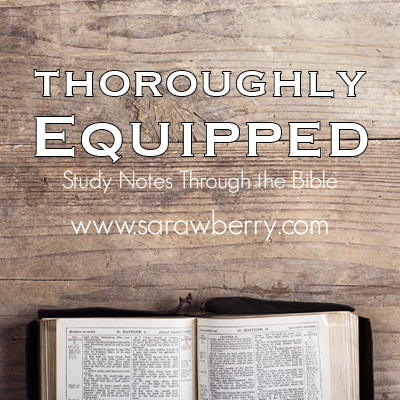Today’s reading includes Joshua 19:1-20:9, Luke 19:28-48, Psalm 88:1-18, Proverbs 13:12-14.
For the past two chapters, we have been reading about the boundary lines of the Promise land. As you remember, after the Exodus from Egypt, the tribes of Israel were made to wander in the wilderness for forty years because of their sins (Deuteronomy 8:2). According to the folks at www.biblestudy.org, after this time period, Joshua lead the people into the Promised land in 1405 B.C. Seven years later, in 1398, the land of Canaan is divided by lot among the children of Israel (Joshua 14). Look at those holy numbers! They spent 40 years wandering. This represents cleansing and preparation. Then they spent 7 years conquering the land. This represents completion and perfection. The land was divided among the tribes, although the tribe of Levi, the priests, did not have an allotment, for they had spots throughout each area. Remember that Joseph’s allotment was divided between his sons, Ephraim and Manasseh, who each became a tribe. So, the Levites were removed and Joseph’s allotment was divided into two, so there were still twelve tribes and twelve allotments. These allotments were assigned to them—given as a gift. I see that they didn’t vie for the position or request certain territory. The only exception was that the tribes of Reuben and Gad, along with half of the tribe of Manasseh wanted to stay east of the Jordan, while all the others were west of the Jordan. Even though those 3 groups did not want to officially live inside the Promise land, but stay on the outer edges, they were still required to fight and conquer the Promise land along with their brothers.
Two thoughts came to mind when I read these passages. First of all, each were given an allotment. They accepted their allotment and settled there. They didn’t fight their brothers for what had been given to them, nor even seem to request specific areas. They saw their allotment as a gift from God.
We, too, have certain “allotments”. We have certain “territories” of influence. We have certain giftedness and talents to offer the world. We can look around us and long for the allotment of others. We can wish for a different territory of influence. Or we can accept it all as a gift and bloom where we are planted. Comparison kills calling. We all have a calling from God. We were all called for a specific purpose in His great plan. We should not look around us and compare our calling to the calling of another. Ours is ours and theirs is theirs. Instead, we should be grateful that we have been called, that we have been given a territory or allotment in the first place.
I love this quote from Martin Luther King, Jr.
“If a man is called to be a street sweeper, he should sweep streets even as a Michelangelo painted, or Beethoven composed music or Shakespeare wrote poetry. He should sweep streets so well that all the hosts of heaven and earth will pause to say, ‘Here lived a great street sweeper who did his job well.”
Secondly, God is in control of the allotments and His plan is greater than we could ever imagine. He has His reasons, which may take generations to see, of why He called us to a task, a job, or a territory of influence. When you look at a map of the territory allotments, you see a glimpse of the coming plan. For example, Bethlehem was in the territory of Judah. Jesus was prophesied to be born in Bethlehem, and Jesus was in lineage of the tribe of Judah. Mary and Joseph went to Bethlehem to register for a census, which was based on their tribe, which is why they were in Bethlehem when she gave birth to the Son of God. There are reasons we can’t always see. But we trust that we have a good God, who is our good Heavenly Father. We can trust His gifts to us and His plan for us.
Lord, you alone are my portion and my cup;
you make my lot secure.
6 The boundary lines have fallen for me in pleasant places;
surely I have a delightful inheritance.
Psalm 16:5-6


